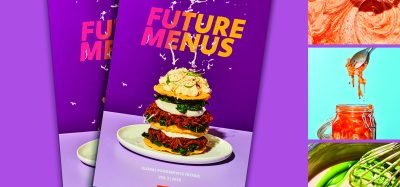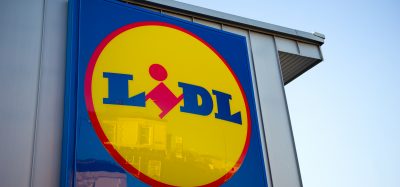Prepare your business for Brexit
- Like
- Digg
- Del
- Tumblr
- VKontakte
- Buffer
- Love This
- Odnoklassniki
- Meneame
- Blogger
- Amazon
- Yahoo Mail
- Gmail
- AOL
- Newsvine
- HackerNews
- Evernote
- MySpace
- Mail.ru
- Viadeo
- Line
- Comments
- Yummly
- SMS
- Viber
- Telegram
- Subscribe
- Skype
- Facebook Messenger
- Kakao
- LiveJournal
- Yammer
- Edgar
- Fintel
- Mix
- Instapaper
- Copy Link
Posted: 29 August 2019 | Rachael Harper (New Food Magazine) | No comments yet
The Food Safety Agency (FSA) has provided guidance on what businesses need to do when the UK leaves the EU.
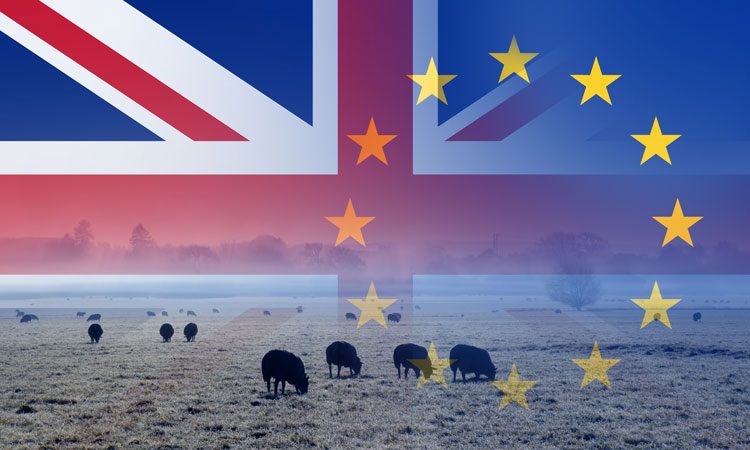

If your business deals in food, or animal feed, your responsibility to make sure it is safe will remain a requirement of law from day one of the UK leaving the EU. Here is a guideline on what your business needs to do when the UK leaves the EU according to the Food Safety Agency (FSA)…
Current guidelines
Firstly, the current guidelines from the FSA can be found here:
EU food and animal feed safety, hygiene and labelling legislation
The European Union (Withdrawal) Act 2018 provides that, when the UK leaves the EU, certain directly applicable EU legislation will be converted into UK law.
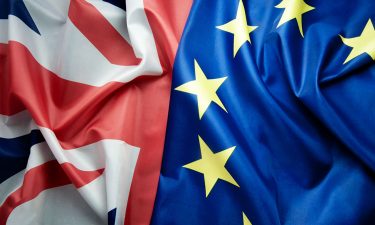

The European Union (Withdrawal) Act 2018 is designed to ensure the UK exits the EU with certainty.
The Act is designed to ensure the UK exits the EU with certainty, continuity and control. It will provide a functioning statute book on the day the UK leaves the EU and maximise certainty for individuals and businesses. The powers in the Act will ensure that, whatever the outcome of negotiations, the statute book can continue to function.
The Act also provides powers to make corrections to retained EU law, so that it operates effectively as UK law. These corrections will be made by way of statutory instruments (SIs), which the FSA and other government departments are preparing.
The FSA’s SIs have been made using powers under the Act. This follows its consultation on a proposed approach to retained EU law for food and feed safety and hygiene. The SIs would be needed if there is a no-deal Brexit. All exit related statutory instruments are published here and include ‘EU Exit’ in their title.
How to prepare your business for Brexit
Leaving the EU means your business or organisation may need to prepare for change. With an implementation period until December 2020, this would give businesses stability, certainty and time to prepare for the UK’s new relationship after Brexit.
However, the government must plan for every possible outcome including no deal. Without a deal, businesses may need to take action before 31 October 2019.
Visit the UK’s government guide, Get Ready For Brexit, and use the information to understand how leaving the EU may affect businesses and organisation and what you can do to get ready.
Health and identification marks
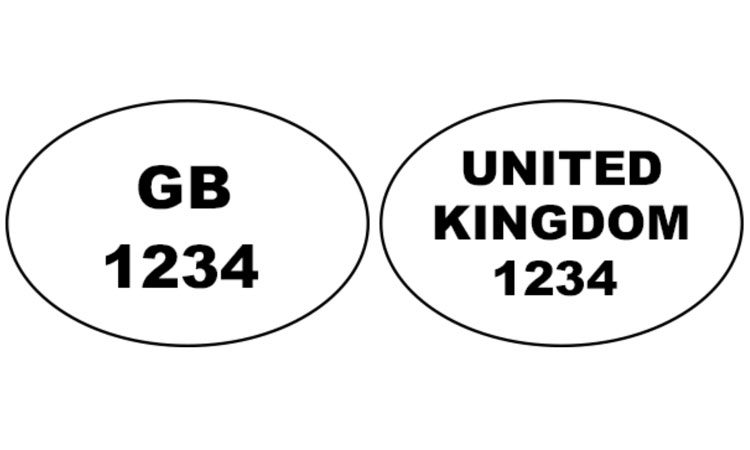

For businesses which export POAO to the EU, the health and identification mark that must be applied is either the official two-digit ISO Code GB or full country name in capital letters UNITED KINGDOM. An example of health marks is shown here.
After the UK leaves the EU changes will need to be made to the health and identification (ID) marks on certain food products of animal origin (POAO).
Following a consultation exercise with the food industry, discussions with the European Commission, and agreement with Defra the final design for the new health and ID marks has been agreed. This will ensure the UK continues to have the ability to export POAO to the EU.
Exporting animal products to the EU
The EU would need to list the UK as a third country and give it approval to export products of animal origin (POAO) to the EU, if there is a no-deal Brexit. This would be for products such as meat, fish, shellfish, eggs and dairy products.
Current EU regulations require third countries to be approved to export POAO to the EU. Individual establishments that dispatch, prepare or provide such products need to be listed with the EC. Only UK approved businesses involved in producing POAO are affected, so businesses involved in producing food not of animal origin do not need to be listed.
This guidance explains who is affected and what you need to do.
Related topics
Packaging & Labelling, Regulation & Legislation, Trade & Economy




